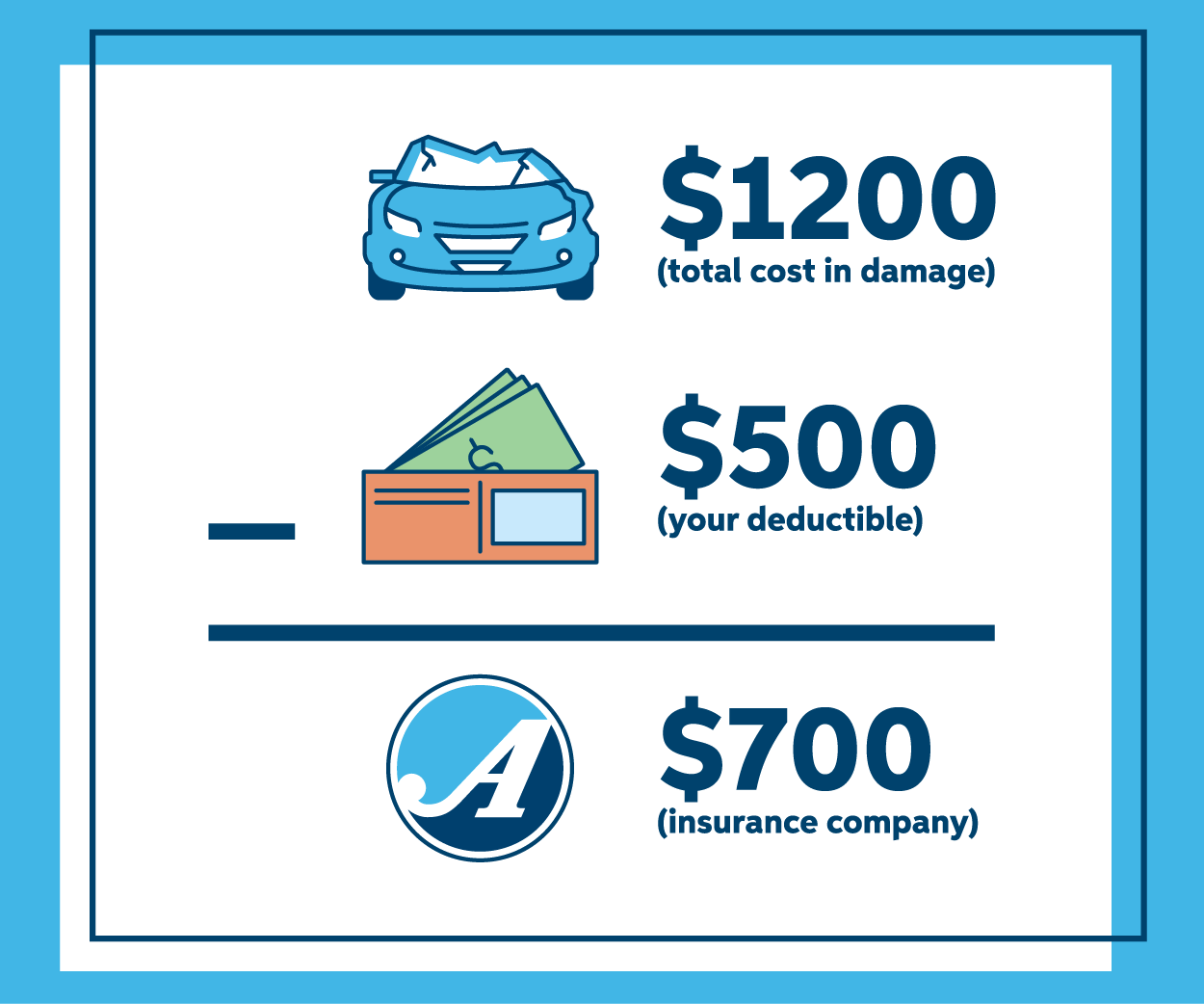Navigating the complexities of tax deductions can feel like deciphering a secret code, especially when it comes to insurance premiums. Are those hefty payments you make each year truly deductible? The answer, as with many tax matters, is nuanced and depends on several factors. This guide unravels the mysteries surrounding insurance premium deductibility, offering clarity and insights into how you might potentially reduce your tax burden.
We’ll explore the various types of insurance – from health and life insurance to long-term care and disability – examining which premiums qualify for deductions and under what circumstances. We’ll also delve into the impact of your employment status, the type of business you operate, and your income level on your eligibility. Understanding these intricacies empowers you to make informed financial decisions and potentially save money on your taxes.
Introduction to Insurance Premium Deductibility

Tax deductibility for insurance premiums refers to the ability to reduce your taxable income by the amount you’ve paid in certain types of insurance premiums. This effectively lowers your overall tax liability, providing a financial incentive for carrying specific insurance coverage. The specifics of what’s deductible and to what extent vary significantly depending on the type of insurance, the applicable tax laws, and your individual circumstances.
The concept hinges on the idea that certain insurance premiums represent a necessary expense related to generating income or protecting assets vital to income generation. The government, in many jurisdictions, recognizes this and allows for a deduction to encourage responsible risk management and financial planning. This is a significant element in many countries’ tax codes, impacting both businesses and individuals.
Types of Insurance Premiums and Deductibility
Different types of insurance premiums have varying degrees of deductibility. For example, premiums paid for health insurance are often deductible, particularly in situations where the insurance is employer-sponsored or purchased through a marketplace. Similarly, premiums for life insurance policies may be deductible under specific circumstances, such as those held in connection with a business or estate planning. Conversely, premiums for certain types of personal insurance, like auto insurance, are generally not deductible. The deductibility of business insurance premiums is usually more straightforward and often depends on the nature of the business and the type of insurance policy. For instance, premiums for workers’ compensation insurance, professional liability insurance (also known as malpractice insurance), and property insurance are typically deductible business expenses.
A Brief History of Tax Laws Related to Insurance Premium Deductions
The history of tax laws regarding insurance premium deductions is complex and varies significantly by country. Generally, these laws evolved alongside the growth of the insurance industry and changes in economic policy. Early tax codes often had limited provisions for insurance premium deductions, largely focusing on business expenses. Over time, however, as the importance of personal insurance grew, and as governments sought to encourage broader insurance coverage (particularly in areas like health and retirement), more expansive deduction provisions were introduced. This evolution has often been marked by legislative changes and judicial interpretations, leading to a refined and sometimes nuanced set of rules governing deductibility. Significant legislative changes, often prompted by economic shifts or societal needs, have consistently reshaped the landscape of insurance premium deductibility. For example, major healthcare reforms often lead to changes in the deductibility of health insurance premiums. These changes can reflect policy shifts towards universal healthcare access or efforts to manage healthcare costs.
Types of Insurance Premiums and Deductibility

Understanding the deductibility of insurance premiums hinges on the type of insurance and your employment status. The rules governing deductibility can be complex, varying based on factors such as the type of policy, the amount of premiums paid, and your filing status. This section will clarify the deductibility rules for several common types of insurance.
Health Insurance Premiums
The deductibility of health insurance premiums depends significantly on whether you are self-employed or employed. For employed individuals, premiums are often paid through pre-tax payroll deductions, effectively reducing your taxable income. Self-employed individuals, however, face different rules and may be able to deduct a portion of their premiums. The following table summarizes the key differences:
| Status | Deductible Premiums | Limitations | Relevant Tax Forms |
|---|---|---|---|
| Self-Employed | Premiums paid for self-employment health insurance are generally deductible as an above-the-line deduction. | Deduction is limited to the amount of net earnings from self-employment. Additional limitations may apply based on modified adjusted gross income (MAGI). | Schedule C (Form 1040) and Form 8889 |
| Employed | Premiums paid through employer-sponsored plans are typically not deductible directly, as the employee’s contribution is often pre-tax. | No direct deduction for premiums paid through employer plans. However, the employer’s contribution may reduce your taxable income. | W-2 (Form W-2) |
Life Insurance Premiums
Generally, life insurance premiums are not deductible. However, there are limited exceptions. For example, premiums paid on a policy taken out to cover a business debt might be partially deductible as a business expense. Similarly, premiums paid on a policy that is part of a qualified retirement plan might also qualify for certain deductions. It’s crucial to consult a tax professional to determine if your specific situation qualifies for any exceptions.
Long-Term Care Insurance Premiums
Deductibility of long-term care insurance premiums depends on the age of the policyholder. For those age 50 or older at the time the policy was purchased, a portion of the premiums may be deductible as an itemized medical expense. This deduction is subject to limitations, specifically the amount that exceeds 7.5% of your adjusted gross income (AGI). For instance, if your AGI is $100,000 and you paid $5,000 in long-term care premiums, only $5,000 – ($100,000 * 0.075) = $4,250 would be deductible. The rules are more complex for those under 50.
Disability Insurance Premiums
Premiums for disability insurance may be deductible in certain circumstances. If the disability insurance is purchased as part of a business expense, for example, to protect against loss of income due to injury or illness impacting the business owner’s ability to work, the premiums may be deductible as a business expense. If the disability insurance is purchased by an individual for personal reasons, it is generally not deductible. The specific details regarding deductibility will depend on the nature of the policy and how it is used.
Tax Implications and Potential Benefits
Deductible insurance premiums offer significant tax advantages, directly impacting your overall tax liability and potentially resulting in substantial financial savings. Understanding these implications allows for strategic financial planning and optimized tax efficiency. The ability to deduct premiums reduces your taxable income, thereby lowering the amount of tax you owe.
The potential financial benefits of maximizing insurance premium deductions are considerable, especially for individuals and businesses with higher taxable incomes. By strategically utilizing available deductions, taxpayers can significantly reduce their tax burden and increase their disposable income. This allows for greater financial flexibility, enabling investments in other areas or simply providing a larger amount of money available for personal use.
Tax Savings Calculation Example
Let’s illustrate the potential tax savings with a simple example. Assume an individual has a taxable income of $75,000 and pays $5,000 in qualifying insurance premiums. Further assume a marginal tax rate of 22%. By deducting the $5,000 in premiums, the taxable income is reduced to $70,000 ($75,000 – $5,000). The tax savings are calculated by multiplying the deduction amount by the marginal tax rate: $5,000 x 0.22 = $1,100. This means the individual saves $1,100 in taxes due to the deduction. This is a direct reduction in their tax liability, resulting in more money remaining after tax obligations are met. Note that this is a simplified example, and actual tax savings will vary depending on individual circumstances, including applicable tax brackets and specific deductible expenses.
Outcome Summary

Successfully navigating the landscape of insurance premium deductibility requires careful attention to detail and a thorough understanding of the relevant tax laws. While this guide provides a comprehensive overview, remember that individual circumstances vary. Taking advantage of deductible insurance premiums can significantly reduce your tax liability, offering valuable financial benefits. Consulting with a qualified tax professional is always recommended to ensure accurate reporting and maximize your tax savings. Don’t leave money on the table – take control of your tax situation and explore the potential for deductions related to your insurance premiums.
FAQ Corner
Can I deduct premiums for pet insurance?
Generally, no. Pet insurance premiums are typically not considered deductible for federal income tax purposes.
What if I overpay my insurance premiums and receive a refund?
The refund is generally considered a reduction in the expense for the tax year. You may need to adjust your tax return accordingly.
Are there penalties for incorrectly claiming insurance premium deductions?
Yes, incorrect reporting can lead to penalties, interest charges, and even audits from the tax authorities.
How do I keep accurate records for insurance premium deductions?
Maintain detailed records including policy statements, payment receipts, and tax forms. Organize these records systematically for easy access during tax season.